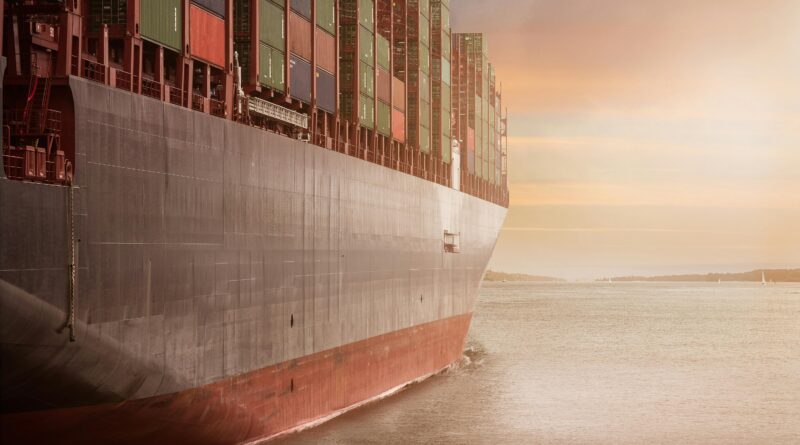Tailored Logistics Solutions for Modern Business Demands
In today’s fast-paced world, the success of any business is heavily tied to the efficiency of its logistics and transportation network. The ability to move goods swiftly, securely, and cost-effectively across cities, countries, and continents is a cornerstone of business competitiveness. With varying requirements across industries, businesses are increasingly seeking comprehensive transport solutions that cater to their specific demands.
The Importance of Choosing the Right Transport Solutions
Different businesses have different priorities when it comes to transportation. A tech company shipping high-value electronics will have very different logistics needs compared to a retailer transporting perishable goods. Tailored transport solutions allow businesses to align their supply chains with their operational goals.
When selecting transport options, businesses often consider:
- Speed: Time-sensitive goods require faster solutions such as air freight.
- Cost-efficiency: For bulk shipments, sea freight is often a more economical choice.
- Reliability: Ground transport ensures local and regional connectivity with consistent schedules.
- Flexibility: Multi-modal transport solutions allow businesses to combine multiple methods for better efficiency.
Key Modes of Transport for Businesses
1. Air Transport: For Time-Sensitive Goods
Air transport is ideal for businesses that prioritize speed. High-value and perishable goods are often shipped through air freight due to its shorter transit times and reliable schedules. While air transport can be costlier, the reduced delivery times often outweigh the expenses for time-critical operations.
2. Sea Transport: For Bulk and International Shipments
Sea freight is the backbone of global trade, especially for heavy and bulky goods. Businesses transporting raw materials, machinery, or bulk orders rely on sea routes for cost-effectiveness. With advancements in cargo tracking and eco-friendly shipping practices, sea transport continues to evolve as a dependable option.
3. Land Transport: Bridging the Last Mile
Ground logistics are essential for connecting ports, airports, and warehouses to their final destinations. Road and rail transport play a crucial role in regional logistics, ensuring last-mile delivery for businesses across sectors. For local goods distribution or short-haul shipments, land transport is often the most practical solution.
4. Multi-Modal Transport: Combining the Best of All Worlds
Multi-modal transport offers businesses the flexibility to combine air, sea, and land options based on their specific needs. For instance, a shipment may be sent by air for speed, transferred to a port for cost savings, and finally delivered via road. This approach ensures efficiency while keeping costs under control.
Benefits of Comprehensive Transport Solutions
Businesses that invest in diversified transport strategies enjoy a range of benefits, including:
- Improved Operational Efficiency: Tailored solutions reduce bottlenecks and enhance supply chain coordination.
- Cost Savings: Selecting the right mode of transport based on shipment requirements helps businesses optimize expenses.
- Better Risk Management: Diversified transport options ensure continuity even if one mode is delayed or unavailable.
- Enhanced Customer Satisfaction: Timely and reliable delivery builds trust and ensures customer retention.
Navigating Global Logistics Challenges
While comprehensive transport solutions offer numerous advantages, they come with their challenges. Global trade regulations, customs clearance, and evolving market demands can complicate the logistics landscape. Businesses need to work with reliable partners who have expertise in navigating these complexities.
For instance, leveraging specialized Shipping Services in Dubai ensures that businesses benefit from the city’s strategic location, advanced infrastructure, and access to international shipping lanes. Dubai’s role as a global logistics hub makes it an ideal partner for companies looking to streamline their supply chains.
Conclusion
In a world driven by connectivity and globalization, businesses must adapt to ever-changing logistics needs. By leveraging diverse transport options and working with expert logistics partners, businesses can ensure their supply chains remain efficient, reliable, and cost-effective.
Whether it’s air, sea, land, or a combination of all three, tailored logistics solutions empower businesses to stay ahead in competitive markets. It’s not just about moving goods—it’s about creating value at every step of the supply chain.



